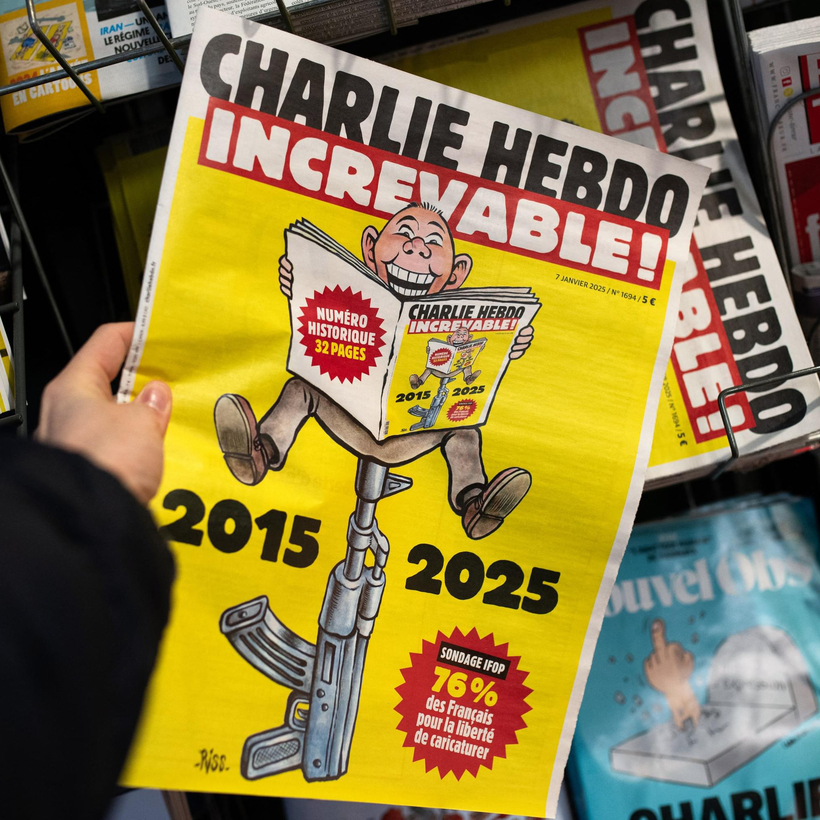A decade ago, the whole of France seemed to unite in support of Charlie Hebdo, the satirical weekly that had fallen victim to Islamist terrorism.
“Je suis Charlie” T-shirts and banners were everywhere. More than four million people joined marches in support of the magazine across the country. And François Hollande, the Socialist president of the day, promised to defend freedom of expression in the name of the caricaturists and writers among the 12 victims of the attack.

